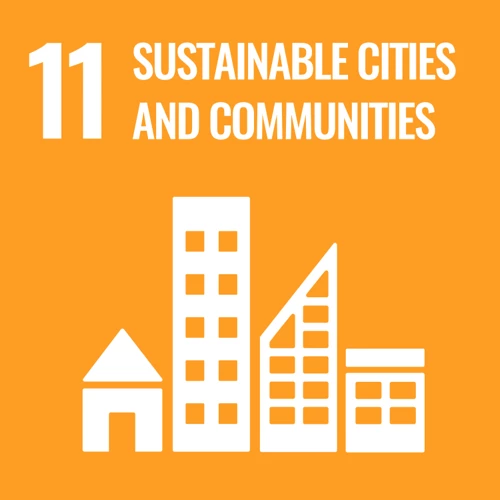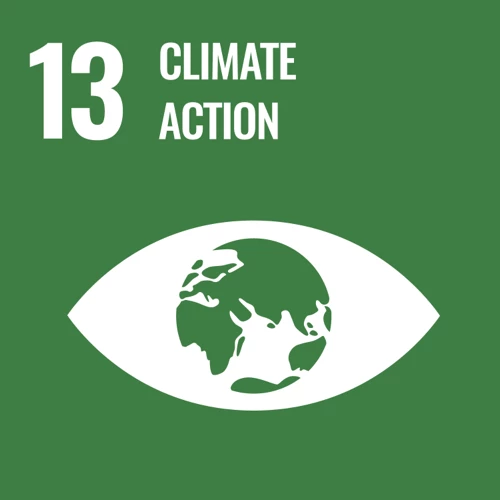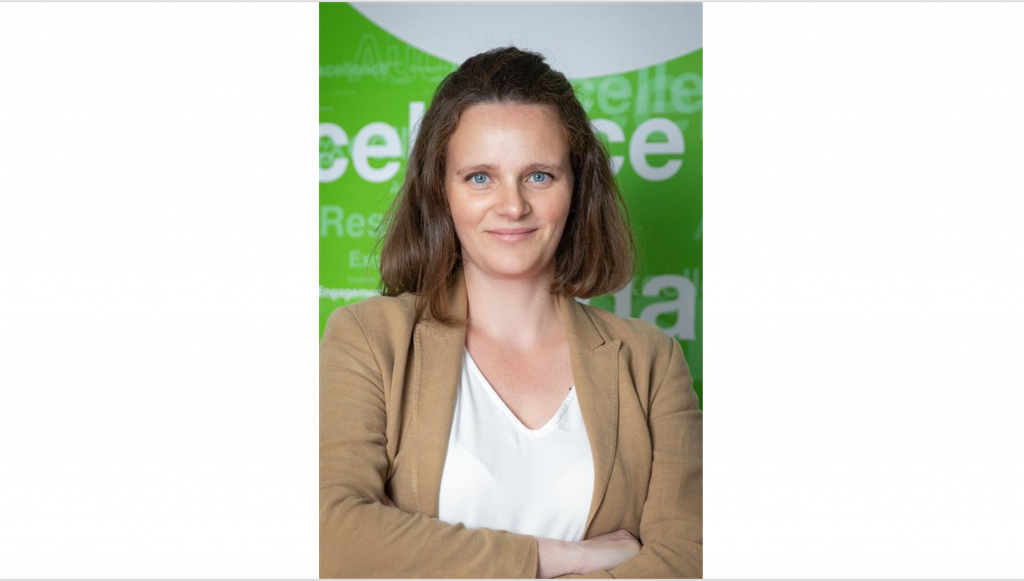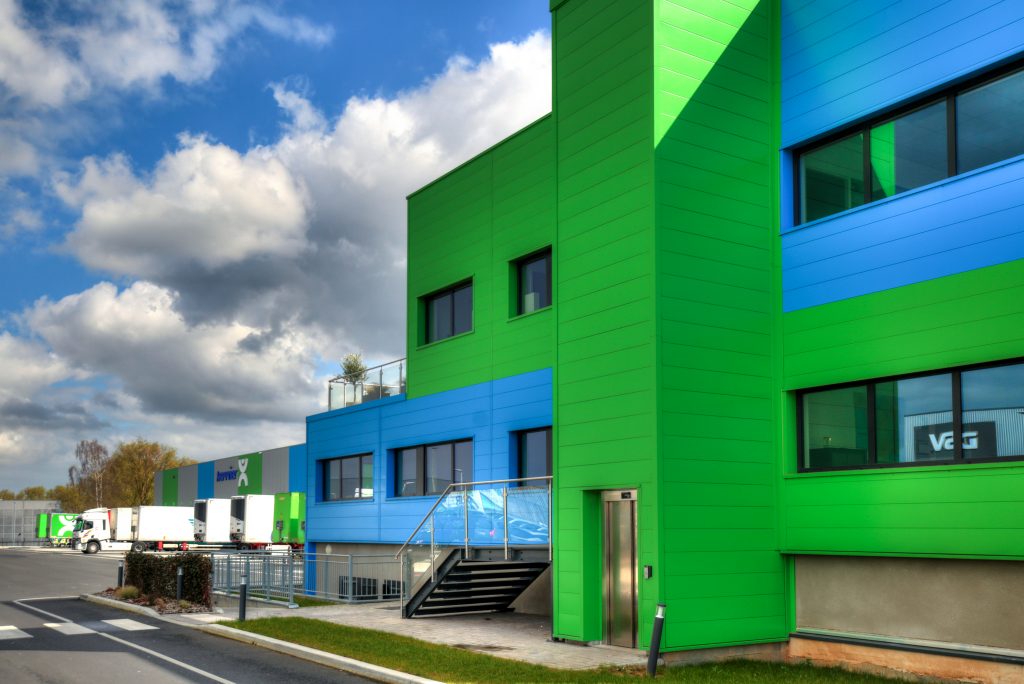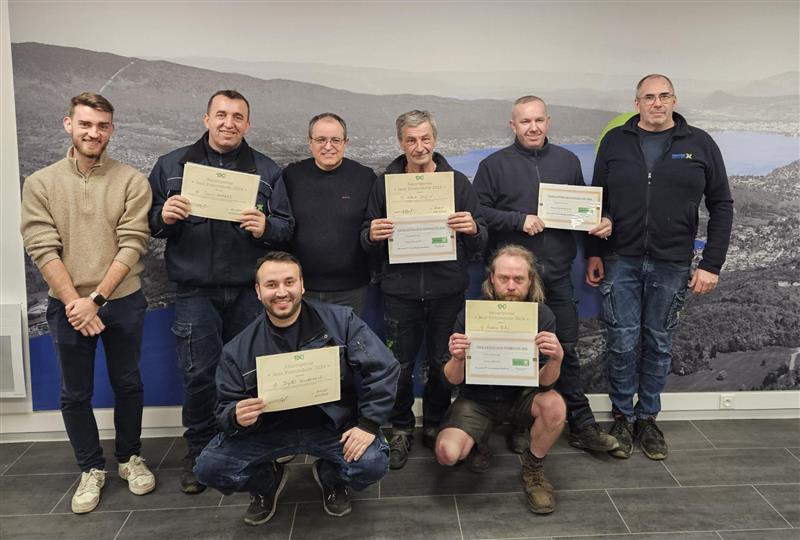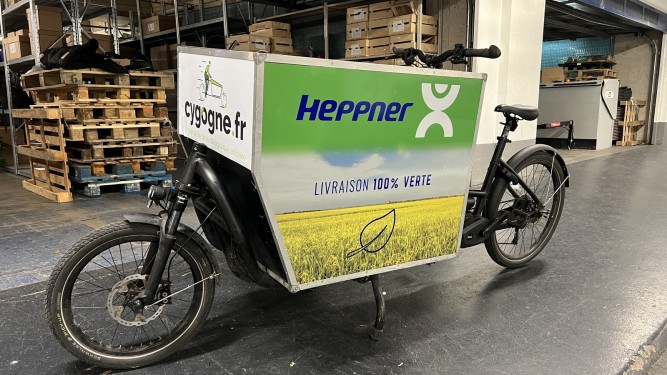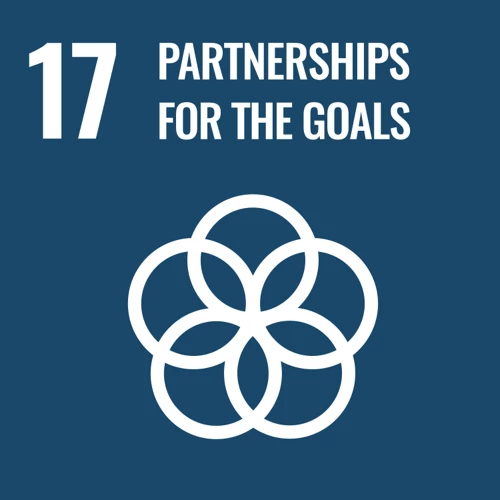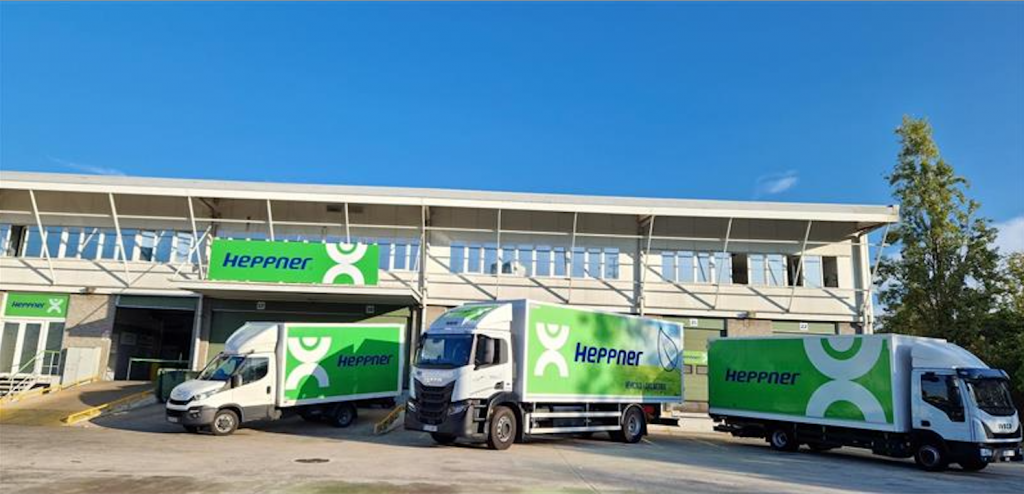Carbon calculation methodology: a new standard for transport
Since 2023, Heppner has been using the EcoTransIT calculation tool, whose methodology has been recently adapted to incorporate the requirements of the international ISO 14083 standard, which aims to increase the reliability of carbon data for transport and logistics by providing a precise, uniform framework.
“Assessing the carbon emissions of our customers’ freight transport according to the ISO 14083 standard aligns with a context in which monitoring emissions is increasingly becoming a regulatory obligation. This calculation method provides a robust foundation for structuring both the Group’s decarbonisation trajectory and the trajectories followed by our customers.”
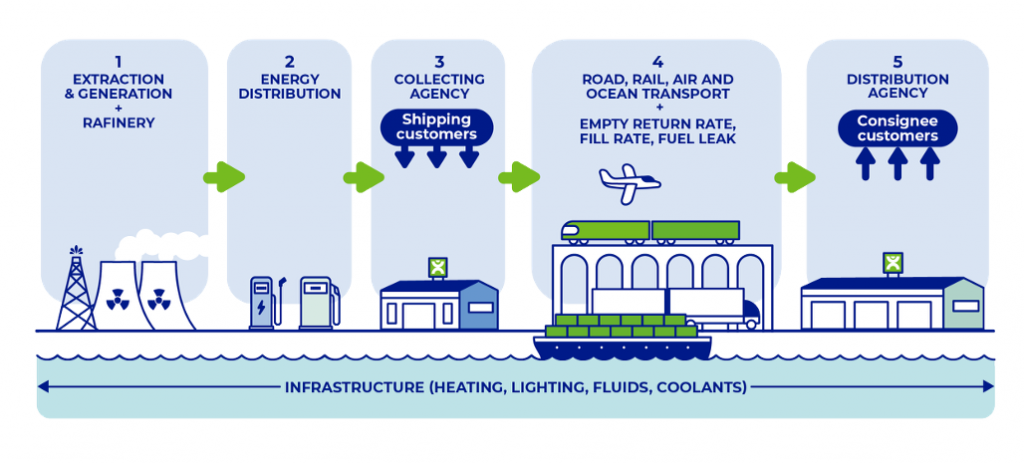
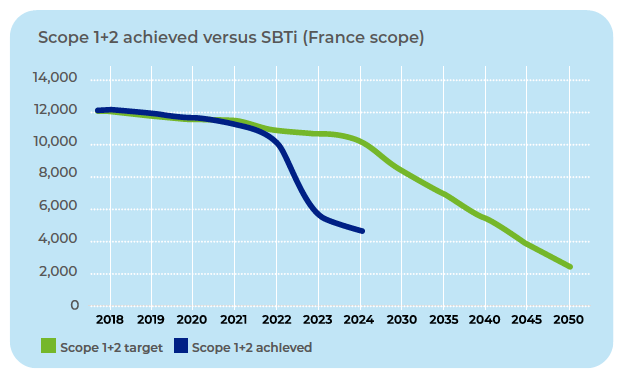
Aligned with the National Low-Carbon Strategy and the SBTi, Heppner is pursuing a strategy to limit warming to +2°C maximum. The 56% reduction in scope 1 emissions in France since 2019 is evidence of this approach’s effectiveness. Despite achieving reductions ahead of its targets, Heppner intends to maintain the pace of its decarbonisation actions.
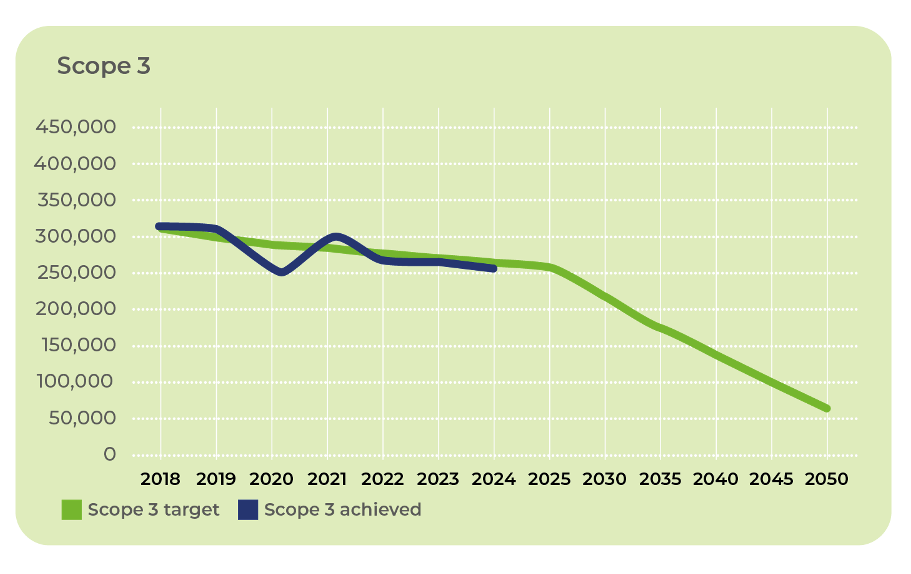
In 2024, Heppner avoided 6,144 tCO2e (+28% vs. 2023), distributed as follows:
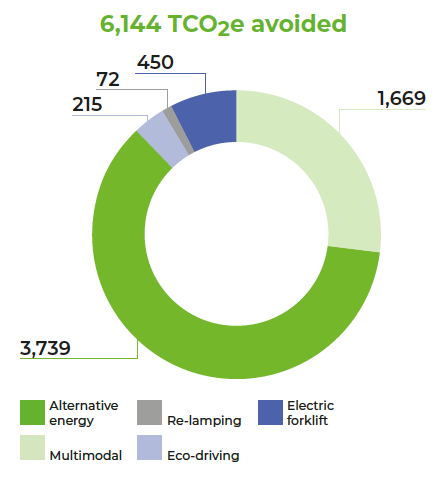
Heppner’s emissions reduction targets are:
-30% by 2030 and -60% by 2040.
Heppner's decarbonisation plan
Defined in 2021, Heppner’s decarbonisation plan is built around multiple international initiatives to reduce carbon emissions, with SBTi validation of its track record planned for 2025. These are the main actions that have been undertaken:
Scope 1: Energy transition of the company’s own fleet, with conversion to CGN/bio-CGN and integration of XTL biofuels. The electrification of urban goods vehicles in France, scheduled for 2025, complements the deployment of Bio-CNG in Spain, HVO in Germany and B100 tanks at Safram. The training provided in eco-driving also significantly reduces fuel consumption.
Scope 2: The buildings’ energy efficiency, monitored by the Deepki tool since 2021, is complemented with a sobriety plan led by 50 energy advocates and a thermal renovation programme. In addition, a budget of €2.5 million was allocated in 2023 to modernise our lighting using connected LED solutions.
Scope 3: Extending the strategy to partners with the development of modal shift and supporting subcontractors via the Energy Transition Pact. The approach includes moving forward in decarbonising charter operations and, within the framework of the Responsible Purchasing and Supplier Relations (RFAR) label, implementing a new climate assessment tool for non-transport suppliers in 2025.
External assessments of the Group's carbon compatibility
In 2024, the Group underwent an initial external verification of its carbon footprint in France, covering 97% of emissions. Conducted by an independent third-party body, the audit has not brought to light anything untoward, validating the methodology employed. This process helps prepare Heppner for meeting the requirements of the CSRD and ESR climate regulations. In addition, EcoVadis awarded the Group the “advanced” level for its carbon management, acknowledging its comprehensive greenhouse gas (GHG) management system, its commitment and its decarbonisation reporting capabilities.
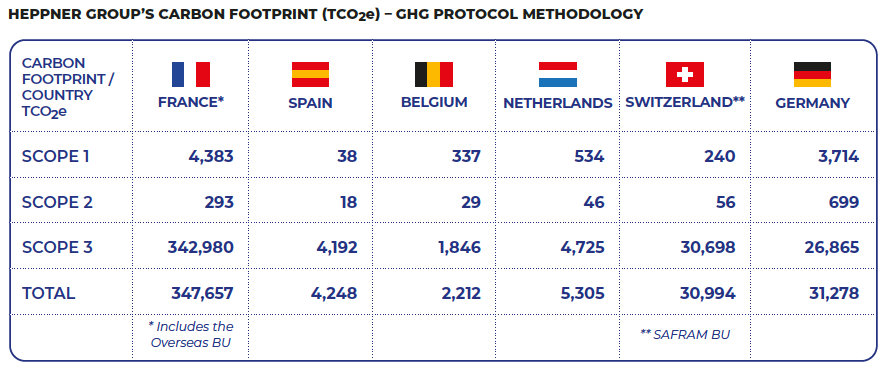
Decarbonisation actions in Spain!
“Heppner Spain is accelerating its energy transition. Two vehicles running on bio-CGN, a renewable gas derived from methanisation, have been operating every day since 2024, reducing our CO₂ emissions by 80% compared with diesel. In 2025, we will go even further with two new actions: a LED re-lamping, which will cut the branch’s lighting-related energy consumption by 84% (i.e. 1.2 tonnes of CO₂ avoided), and the deployment of Michelin boxes to encourage eco-driving within our fleet.”

